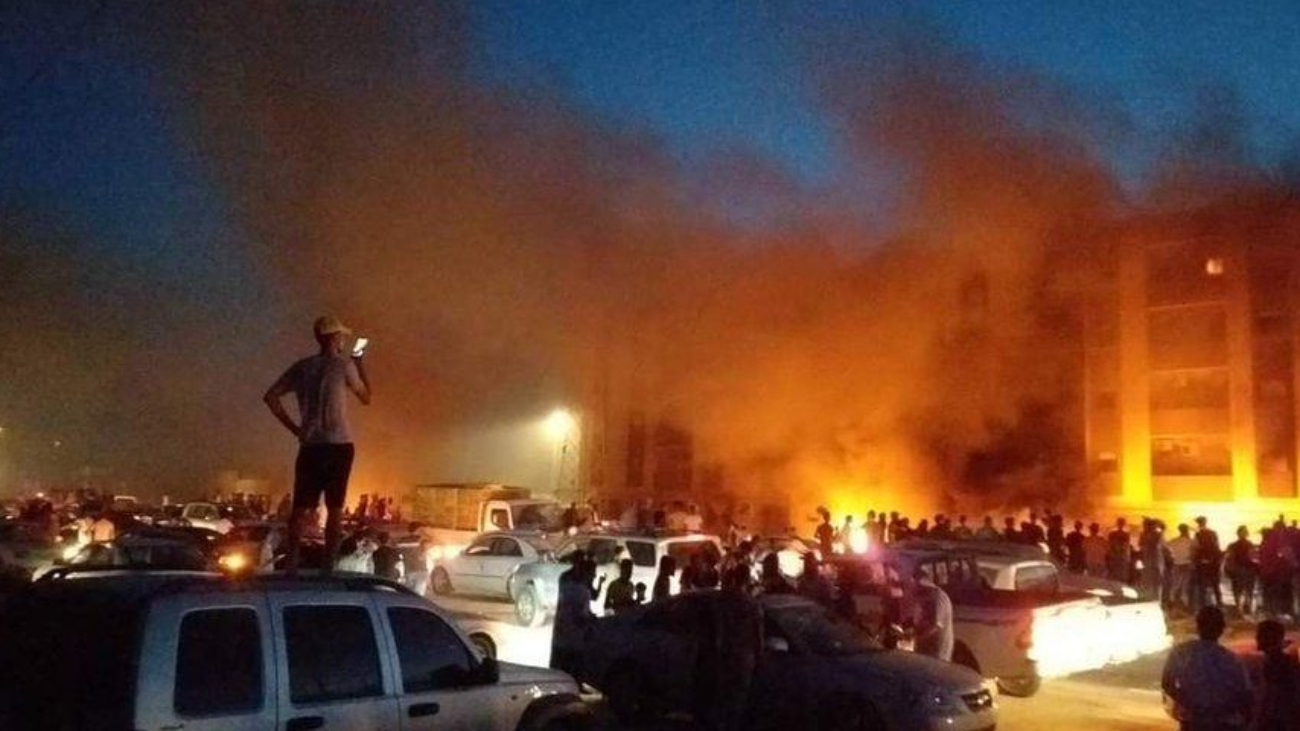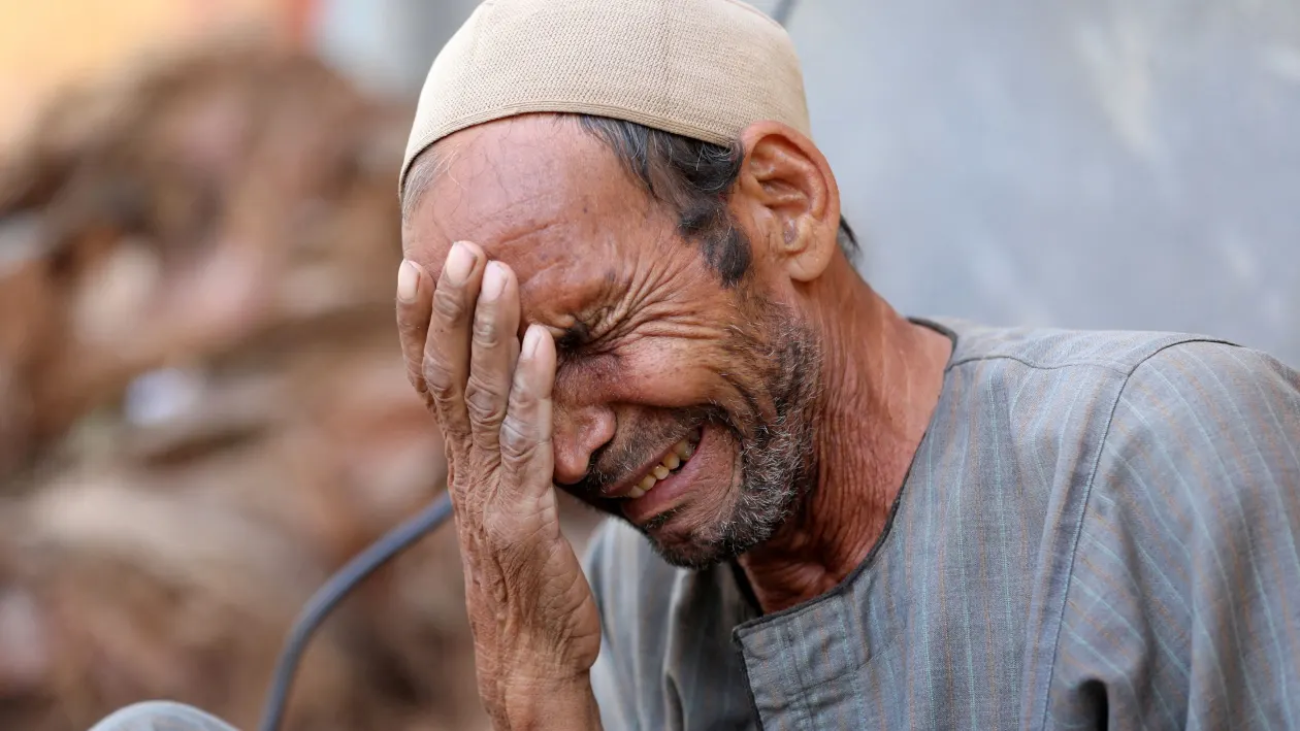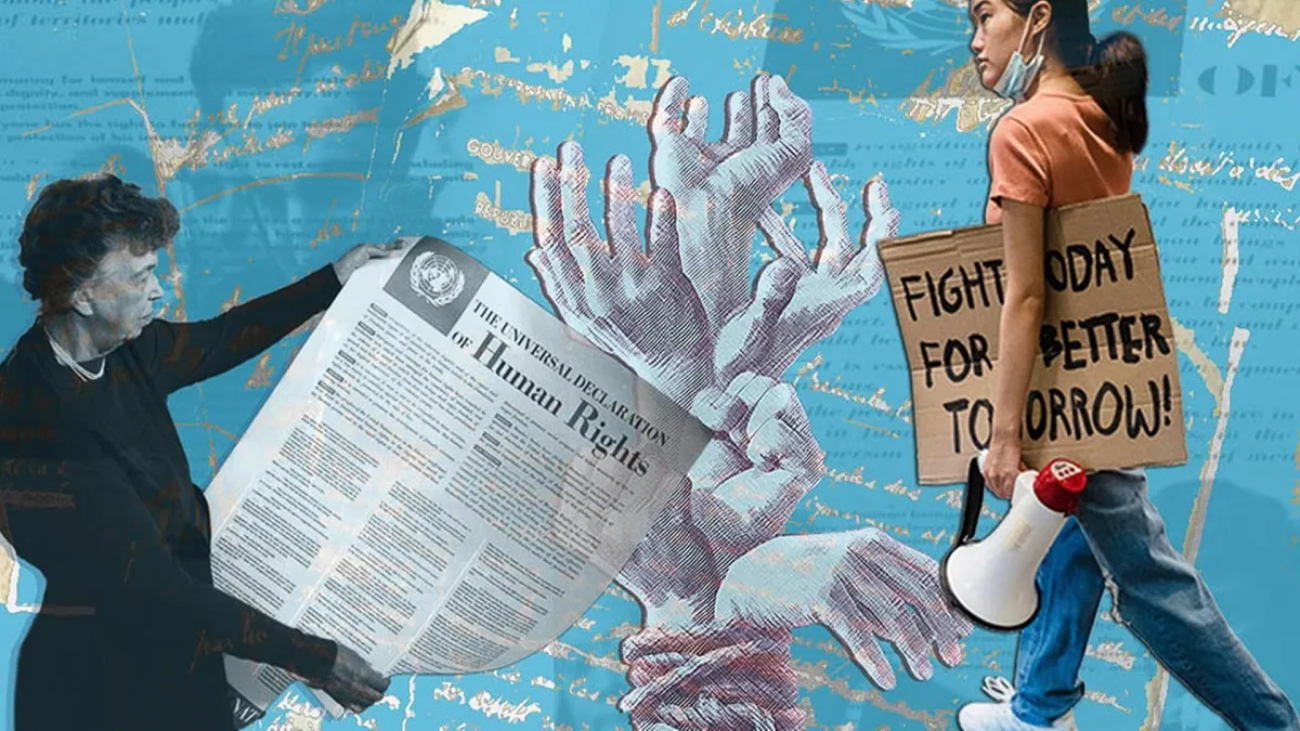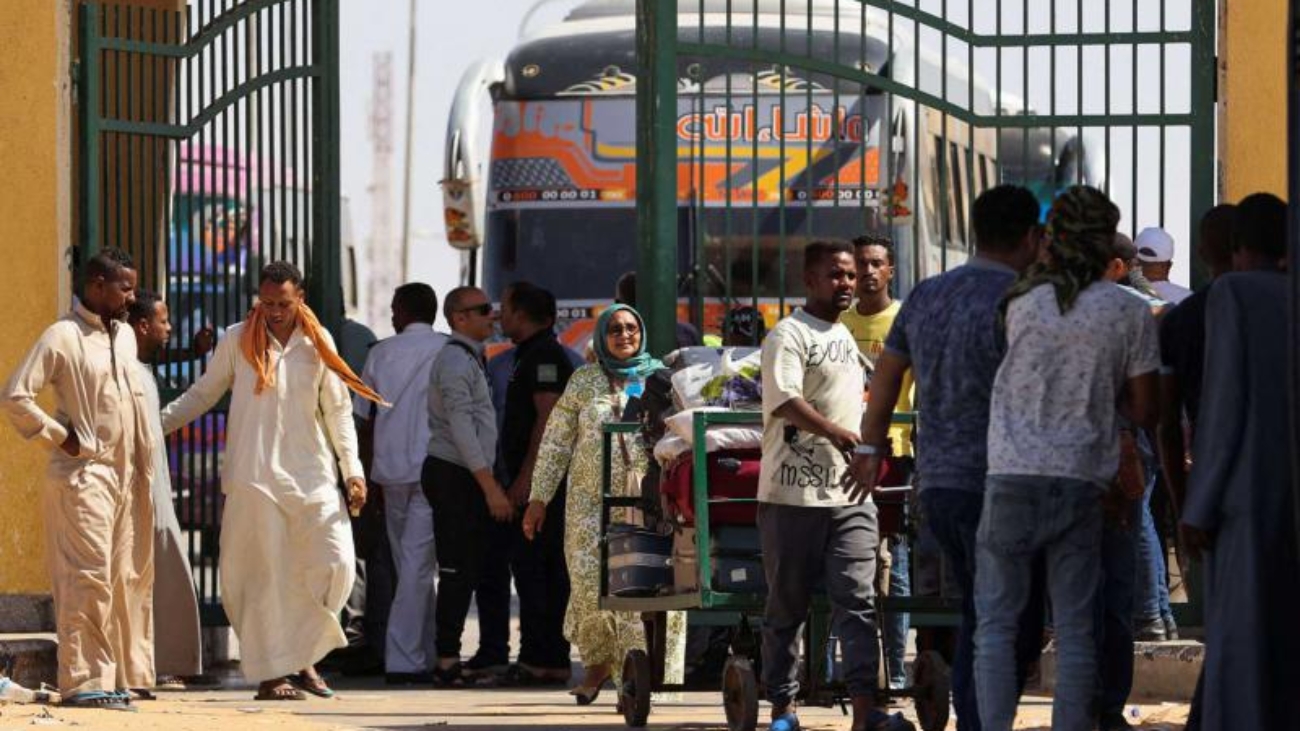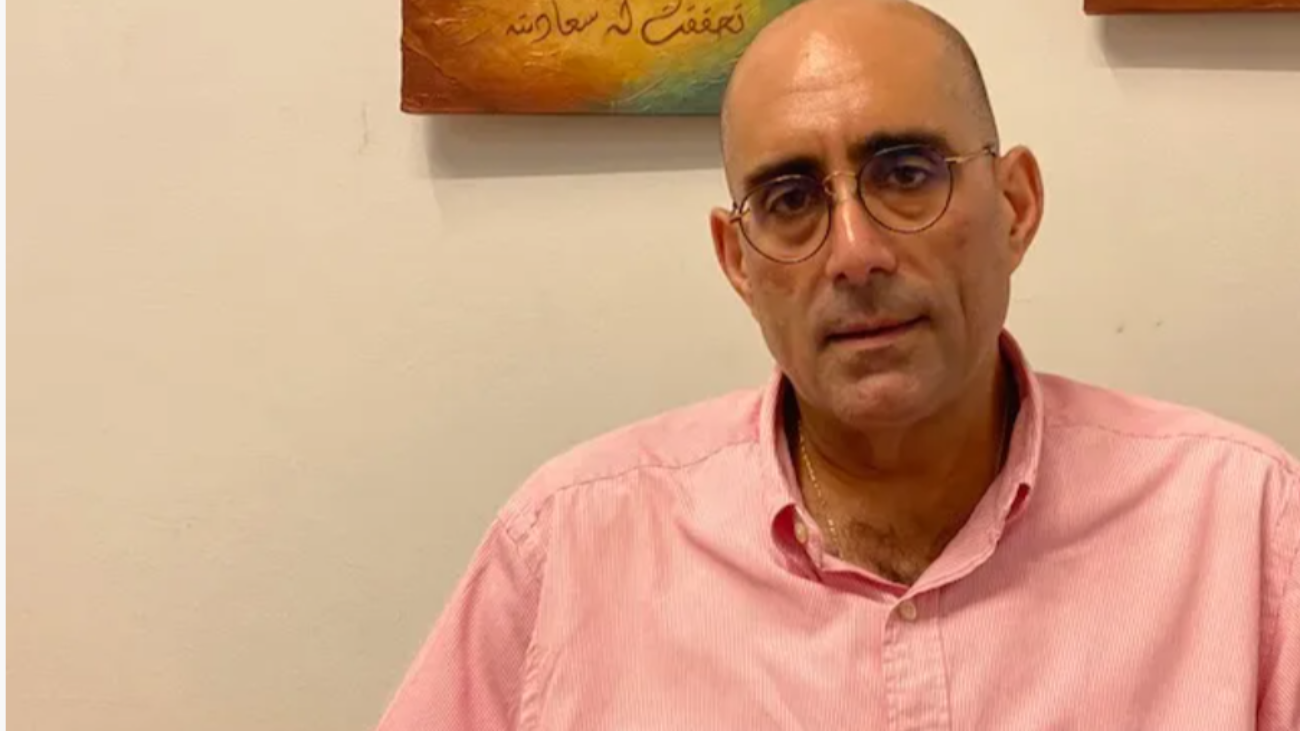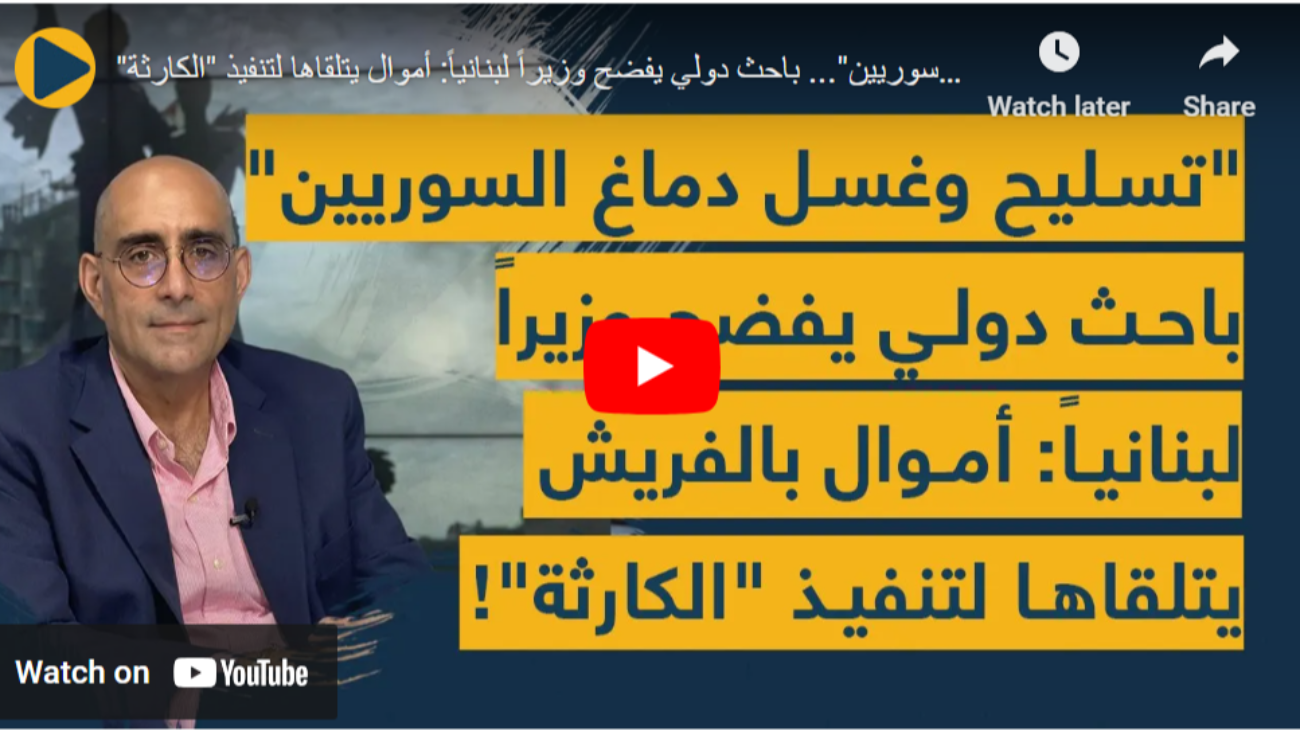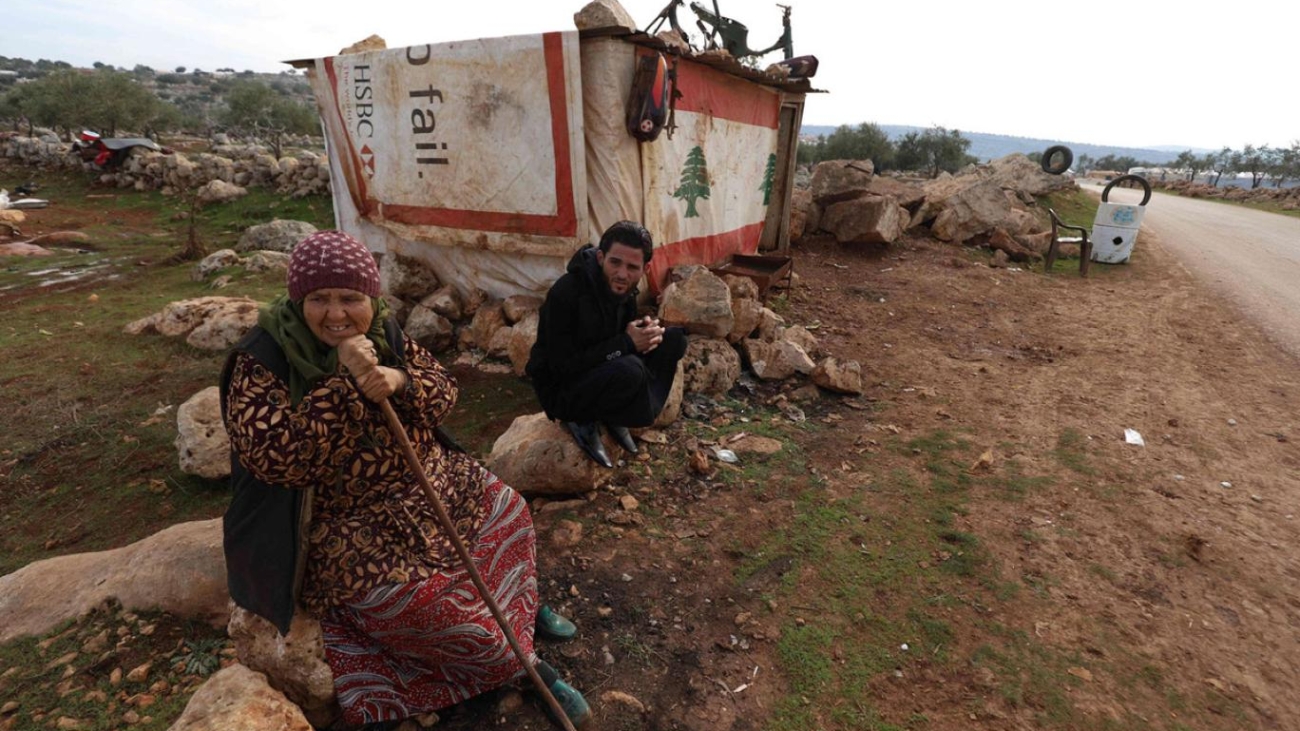Elie Abouaoun
This piece was originally on the strategyinternational website https://https://strategyinternational.org
Multiple factors continue to hinder universal adherence to human rights with profound consequences on social cohesion, migration, and the exploitation of disenfranchisement by extremist groups.
At a time when the world must be celebrating the 75th anniversary of the Universal Declaration of Human Rights, the post-World War II International Human Rights System, whose foundation is the Universal Declaration, is agonizing. For most scholars and practitioners, this collapse does not come as a surprise.
Over the last few decades, state and non-state actors have abused, distorted, and often perverted a system that was established to protect the inherent dignity of every human being.
Adopted on the 10th of December 1948 in the aftermath of World War II, the declaration established a comprehensive set of principles and rights to be universally protected. It served as a moral and political foundation for subsequent human rights instruments. Building upon the declaration, the International Covenant on Civil and Political Rights and the International Covenant on Economic, Social and Cultural Rights were adopted in 1966. Together with the declaration, these covenants and other treaties outline a broad range of universal civil, political, economic, social, and cultural rights.
Unfortunately, the philosophical foundation of the Universal Declaration is often shadowed by a “legal positivist” school of thought that emphasizes the legalistic tenets of the various treaties and instruments that form the International Human Rights Law.
However, the importance of the declaration, and the main pillar to the claim that it reflects universal values lies less in the articles themselves but rather in the preamble.
By bringing a deep understanding of ethical and philosophical principles to the drafting process of the declaration, Charles Malik, a Lebanese diplomat, philosopher, and academic played an instrumental role in shaping the conceptual foundation of the Declaration, most notably the preamble. As a strong advocate for the notion of human dignity, his influence on the preamble is particularly evident in the language and tone that emphasize the inherent worth and dignity of every person, thus conferring to the declaration the character of “Universality”.
In the last 75 years, human rights were never universally and fully embraced by all state and non-state actors, less so by societies. However, up until the 1990’s, progress was made on several fronts. Moving from a simple “declaration” to more binding instruments (covenants, treaties…etc.) as of the 1960’s required member states to acknowledge the legal obligations incurred when signing and ratifying these covenants and treaties. This meant that governments had to shift from a mere “expression of intent” to a global commitment. Moreover, most countries actually had to incorporate human rights principles into their national legal frameworks and established institutions to protect and promote these rights. Notwithstanding the fact that these mechanisms were not always efficient, accessible, or properly used, having them to address at least some types of violations made a difference. This evolution also allowed the burgeoning of the third sector (non-governmental, non-profit, and mostly values driven) whose role in monitoring and protecting human rights, including a bigger role in the space of public policies was enhanced.
The international human rights system’s theory of change is that, by addressing underlying issues such as discrimination, inequality, and lack of access to resources, the emergence of grievances that could escalate into armed conflicts could be prevented. As it provided a framework for addressing grievances and resolving conflicts peacefully, initiatives such as truth and reconciliation commissions, which are rooted in human rights principles, have been used to heal post-conflict societies and build a foundation for lasting peace. The International human rights law includes provisions to protect civilians during armed conflicts. The Geneva Conventions, for example, establish rules for the humane treatment of civilians and prisoners of war. Against all odds, these standards contributed to reducing the impact of armed conflicts on innocent civilians. Wherever possible, the promotion of inclusive governance, where individuals have the right to participate in decision-making processes, contributed to political stability and reduced the likelihood of internal conflicts. The human rights system emphasizes the importance of inclusive and sustainable development. Addressing economic and social disparities helps build more resilient societies and contributing to long-term peace and security.
While former Yugoslavia, Myanmar, Rwanda, and other conflicts are often given as examples of how the international human rights system failed, it is fair to admit that while the system did fall short of preventing genocides or other atrocities from happening, but it did shape the accountability mechanisms associated with these genocides. The tribunals established under the international human rights system contributed to accountability by prosecuting (some) individuals responsible for genocide, war crimes, and crimes against humanity. And without accountability, the rights of the victims would be forfeited, opening the door for endless cycles of violence. Human rights mechanisms played a role in monitoring human rights violations during the peace negotiations in Colombia. They helped shed light on abuses, contributed to building trust among parties, and facilitated the mainstreaming of human rights considerations in the peace agreements. Sanctions against apartheid South Africa contributed to the dismantling of the discriminatory system and the establishment of a democratic, multiracial government.
The relatively poor record of positive impact of a 75-year-old system highlights the bitter realities that full and universal adherence is hindered by political, cultural, and economic factors; and by the “conflict of interests” whereby the same duty bearers of these rights are the ones who get to determine whether they upheld their commitments.
Consistent pattern of human rights abuses by governments prioritizing their own power and stability over the protection of individual rights continue to thrive and remain largely unpunished. These governments invoke the UN charter, arguing that external interference, even in cases of human rights abuses, is an infringement on their independence and sovereignty. Armed conflicts, especially the protracted ones or those -more frequent nowadays- involving armed non-state actors, often witness widespread violations of human rights. Belligerent parties disregard, willingly and systematically, international norms but are not held accountable.
Discrimination based on factors such as race, gender, religion, and sexual orientation remains a global challenge. Many societies struggle with deep-seated prejudices, resulting in the marginalization of certain groups. In many cases, and increasingly in the last decades, the proponents of cultural relativism succeeded in their assertion that human rights are culturally specific, and that there is no universal standard applicable to all societies.
They managed to create pockets of resistance to their implementation by arguing that certain rights may clash with cultural norms or tradition.
But what was probably the most harmful is the multidirectional application of double standards when it comes to human rights. For obvious reasons, governments contest the characterization of their policies as double standards, justifying their behavior by the “democracy-security dilemma”, the complexities of international relations and the need for nuanced approaches to diverse geopolitical challenges.
Western governments selectively criticize or condemn human rights abuses based on strategic interests rather than a consistent commitment to human rights.
These same governments provide political support and often engage in arms sales to regimes with questionable human rights records. By ignoring or justifying practices -by their own allies- of torture, arbitrary detention, or other practices inconsistent with the human rights principles they undermine the credibility of a global human rights agenda. This process is further aggravated by inconsistent responses to violent conflicts and immigration measures that violate the principles of human rights and international refugee law.
But it would be unfair to attribute this selectiveness to Western governments alone. In Ukraine, international organizations have documented Russia’s deliberate and extensive attacks causing civilian deaths and extensive damage to residential buildings, medical facilities, cultural monuments, and others, as well as the ill-treatment of prisoners, the execution of civilians, deportations of children, and so on. This did not trigger any reaction from Russia’s allies from the Global South, who would usually rush to blame the West for the double standards policy when it comes to human rights. Similarly, violations of the international humanitarian law committed by the Ukrainian armed forces, or their proxies (non-state armed actors) did not trigger the appropriate reaction from Ukraine’s Western allies and the main providers of weapons.
In the weeks following Hamas’ terrorist attack on October 7th, the UN Security Council and UN General Assembly held several sterile discussions about the situation in Gaza. While Western governments almost unanimously emphasized Israel’s right to self-defense, they were not able to compel Israel to avoid or stop large scale violations of the international humanitarian law. At the same time, Russia and other governments from the Global South failed to specifically condemn Hamas’ violations of the International Humanitarian Law during and after the October 7th attack. The conflict was also characterized by “genocidal” statements by both Israeli and Palestinian officials that went unnoticed. So, the collusion of governments, whether Western or not, with the perpetrators of systemic violations of human rights is broad-gauged.
But “Expectation is the mother of all frustration”.
The West in general bears a bigger responsibility in not consistently upholding the agenda of human rights. Most of the countries in the Global South provide lip service to human rights in general but have a poor record of human rights, including towards their own population.
However, the West, by formally embracing the human rights standards and trying to mainstream them -albeit selectively- domestically and in foreign policy, raised expectations about the ownership of and level of support to a global human rights agenda. The way Western governments have been behaving in multiple situations since 1948 in general, but specifically since the 1990’s, fell short of their own exhortations. More recently. failing to hold Israel accountable for the large scale deliberate and indiscriminate violence, while exercising its legitimate right to self-defense in Gaza, is the straw that broke the back of “universal rights”. This coup de grace to a philosophical and legal framework that underpinned international relations for the last 75 years will reverberate globally, with deeper and long-lasting scars especially in the Middle East and North Africa (MENA) region and parts of Europe.
The collapse of the international human rights system will affect social cohesion in some EU countries with increasing migration from the MENA region and a rapidly growing Muslim population.
Perceptions of biased governments will affect the already difficult integration of refugees and migrant. It will contribute to feelings of alienation, will hinder the migrants’ association with a shared national identity, and increase the risk of social divisions.
Reduced protections may exacerbate challenges faced by minority groups, migrants, and refugees, potentially leading to social tensions in host countries, resulting from a loss of trust in state institutions and the due process of law. As these populations continue to nurture fears of marginalization and exclusion, the perception that they have to seek protection outside the international human rights system will push them to uncharted territories. More specifically, the feelings of disenfranchisement and injustice, will possibly create conditions that will be exploited by extremist groups, whether Islamists or far right groups. Mitigating such risks requires a commitment to upholding human rights, fostering inclusive policies, and addressing the root causes of social inequities, whether perceived or real. Efforts to maintain a strong and effective international human rights framework are critical for promoting a just and cohesive society in the West.
In the MENA region, the root causes for instability, conflicts and migration are the growing inequality and absence of upward social mobility. The failure of the international human rights system will further strain a governance framework that is already in distress because of concentrated power, corruption, and inadequate rule of law, which will obviously exacerbate socio-economic disparities. Added to the low prospects of durable political settlements for the various conflicts and the distorted moral compass, the region will continue to be prone, unfortunately, to more systemic violence, protracted economic distress and social unrest.
A locally owned, healthy, and robust human rights agenda will certainly help break-up the region’s endless cycles of violence.
Despite some achievements since 1948, persistent political, cultural, and economic factors hindered the full and universal adherence to human rights standards. The selective application of double standards by governments, both Western and from the Global South, as well as geopolitical considerations have led to inconsistent responses to conflicts and human rights violations. This collapse of the international human rights system will have profound consequences, particularly in Europe and the MENA, on social cohesion, migration, and more alienation due to perceived biased governance, which will open the door for the exploitation of disenfranchisement by extremist groups.
Preventing more violent conflicts requires a credible and effective international human rights framework that mainstreams the universality of rights and the accountability of perpetrators. Both the West and the Global South will continue to suffer if these two tenets are not propelled to the forefront of international relations.
REFERENCES
Igwenagu, Uchenna Rodney, The Concept Cultural Relativism of Human Rights. Policy Commons (2022). https://ssrn.com/abstract=4272442
Carothers, T. & Press, B. Navigating the Democracy-Security Dilemma in U.S. Foreign Policy: Lessons from Egypt, India, and Turkey. Carnegie Endowment for International Peace (2021). https://policycommons.net/artifacts/1864677/navigating-the-democracy-security-dilemma-in-us-foreign-policy/2613010/
Amnesty International. “International System Unfit to Deal with Global Crises – Annual Report (2022). https://www.amnesty.org/en/latest/news/2023/03/international-system-unfit-to-deal-with-global-crises-annual-report-2022/
Office of the United Nations High Commissioner for Human Rights. “War Crimes: Indiscriminate Attacks, Infrastructure, Systematic and Widespread” (2023). https://www.ohchr.org/en/press-releases/2023/03/war-crimes-indiscriminate-attacks-infrastructure-systematic-and-widespread
Stuenkel, Oliver “Why the Global South Is Accusing America of Hypocrisy”, Foreign Policy, (2023). https://foreignpolicy.com/2023/11/02/israel-palestine-hamas-gaza-war-russia-ukraine-occupation-west-hypocrisy/
Associated Press. “Title of the Article.” AP News, Date. https://apnews.com/article/israel-hamas-war-united-nations-11-6-2023-69c4cdd226816e754c9a08b503d17897
Lam, O. & Desilver D., “Countries Have Different Priorities When They Review Each Other’s Human Rights Records” Pew Research Center, (2019). https://www.pewresearch.org/short-reads/2019/03/20/countries-have-different-priorities-when-they-review-each-others-human-rights-records/
Islam, Shada. “Europe is sleepwalking into a far-right trap. Who will sound the alarm.” The Guardian, (2023). https://www.theguardian.com/commentisfree/2023/sep/21/europe-welcome-threat-eu-far-right-refugees
Burk, Jason. “Attacks across Europe put Islamist extremism back in spotlight” The Guardian, (2023). https://www.theguardian.com/world/2023/oct/17/attacks-across-europe-put-islamist-extremism-back-in-spotlight
Lederer, Edith. “UN Security Council fails to agree on Israel-Hamas war as Gaza death toll passes 10,000.” AP News (2023). https://apnews.com/article/israel-hamas-war-united-nations-11-6-2023-69c4cdd226816e754c9a08b503d17897
Abdel Ghafar, A. & Aboueldahab, N. & Fathollah-Nejad, A. & Kabbani N. & Yousef, T.& Zoubir, Y. “The Middle East and North Africa over the Next Decade: Key Challenges and Policy Options.” Brookings (2020). https://www.brookings.edu/articles/the-middle-east-and-north-africa-over-the-next-decade-key-challenges-and-policy-options/
Guesmi Haythem. “The global human rights regime has collapsed.” Al Jazeera, (2023). https://www.aljazeera.com/opinions/2023/9/1/the-global-human-rights-regime-has-collapsed
Evans, Gareth. “Revitalizing the Struggle for Human Rights.” Global Centre for the Responsibility to Protect. Date. https://www.globalr2p.org/publications/revitalizing-the-struggle-for-human-rights/
Haule, Romuald. “Some reflections on the foundations of human rights: are human rights an alternative to moral values.” Max Planck Institute for Comparative Public Law & International Law, 2008. https://www.mpil.de/files/pdf3/08_romuald1.pdf
Refworld, “The Human Rights System”, UNHCR. https://www.refworld.org/humanrights.html
Tannous, W. Kathy, and Alicia Gaffney. “Charles H. Malik and Religious Freedom: The Influence of Biography on Malik’s Contributions to the Drafting of the Universal Declaration of Human Rights.” Human Rights Quarterly 42, no. 4 (2020). https://doi.org/10.1353/hrq.2020.0042.
Georgetown Law Library. “Human Rights Law Research Guide.” Last modified (2023). https://guides.ll.georgetown.edu/c.php?g=273364&p=6066284
Buyse, A. and Gómez, V. “Human rights organizations and civil society.” In “A Research Agenda for Civil Society”, Elgar Online, 2023. https://www.elgaronline.com/edcollchap-oa/book/9781800378155/book-part-9781800378155-16.xml
Ibhawoh, Bonny. “Do truth and reconciliation commissions heal divided nations.” The Conversation (2019). https://theconversation.com/do-truth-and-reconciliation-commissions-heal-divided-nations-109925
Gomez Isa, Felipe. “International Protection of Human Rights: Achievements and Challenges”. Universidad de Deusto, (2006) https://www.corteidh.or.cr/tablas/r28067.pdf.
Garcia-Ravel, J. and Bernard, V. “Changing the narrative on international humanitarian law”, ICRC (2017) https://blogs.icrc.org/law-and-policy/2017/11/24/changing-the-narrative-on-international-humanitarian-law/
5th Report. “International humanitarian law and the challenges of contemporary armed
Conflicts”, ICRC (2019) https://www.icrc.org/en/document/icrc-report-ihl-and-challenges-contemporary-armed-conflicts
United Nations (GA / 12323) “Speakers Differ over Implementation of ‘Responsibility to Protect’ Principle, as General Assembly Considers Draft Resolution on Atrocity Crime Prevention.” UN Press Release, (2021) https://press.un.org/en/2021/ga12323.doc.htm
Chao, Yi. “The Role of International Criminal Law in the Global Legal Order”. FICHL Policy Brief Series No. 46, Torkel Opsahl Academic EPublisher (2015) https://www.toaep.org/pbs-pdf/46-chao
García, D. & Jorgensen, F. & Kessing, P.V. & Lassen, E.M. & Mayrhofer,M. & Rikke, S.J. & Sano, H. “Factors which enable or hinder the protection of human rights”, Danish Institute for Human Rights, (2017) https://www.humanrights.dk/sites/humanrights.dk/files/media/migrated/frame_-_factors_which_enable_or_hinder_the_protection_of_human_rights.pdf

